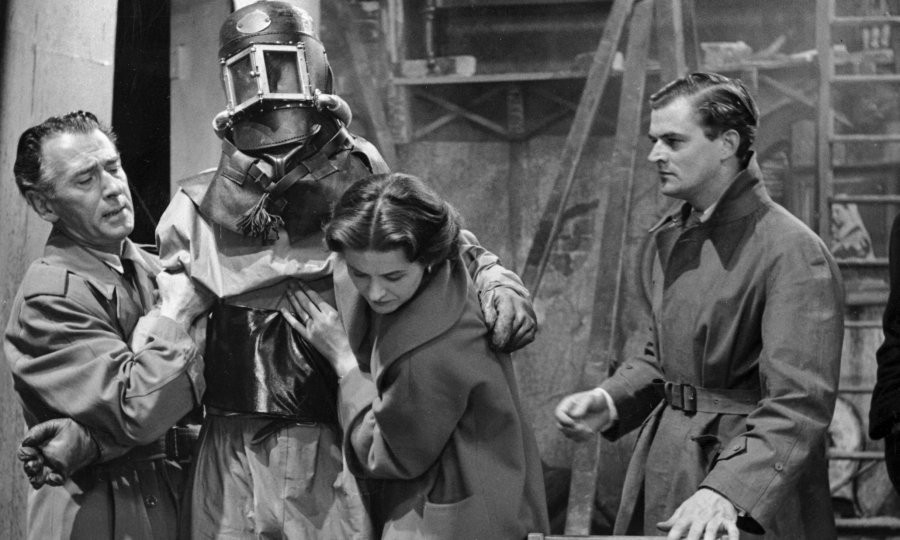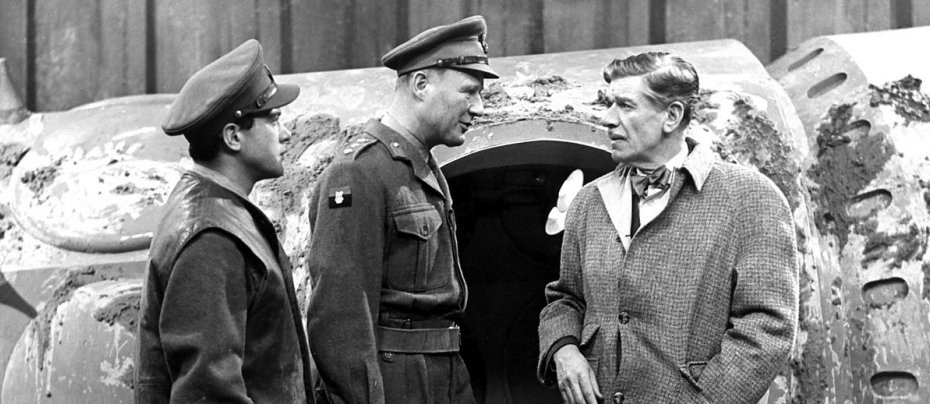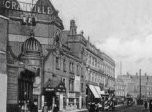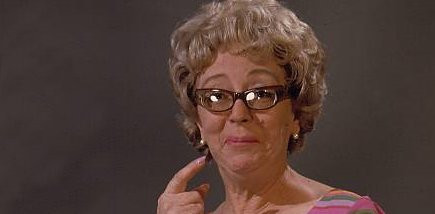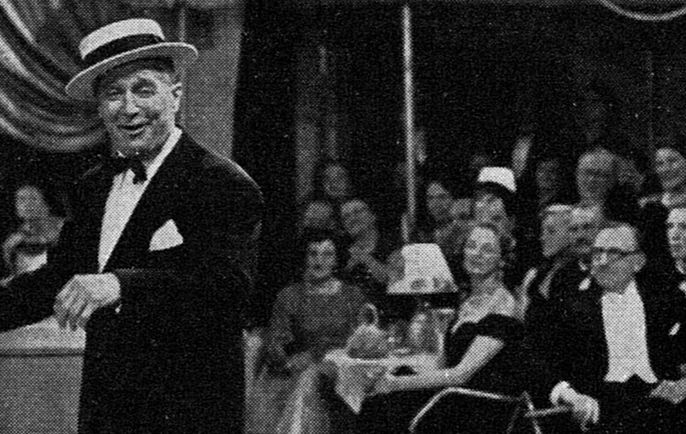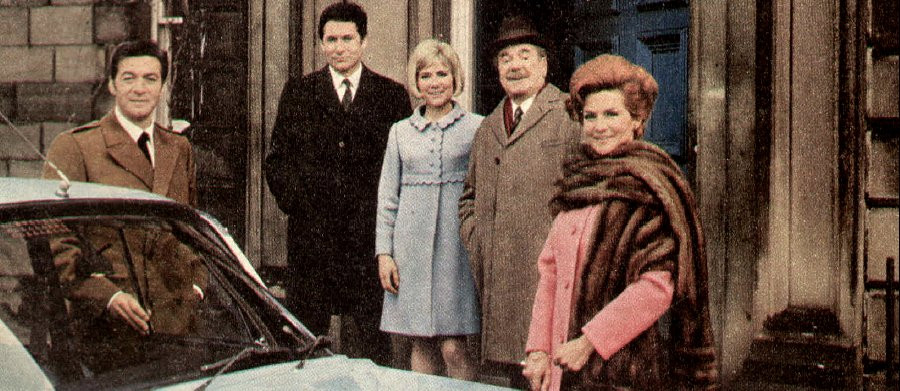
Everyman
1947 - United KingdomEveryman is a modern adaptation of the 15th/16th century morality tale The Somonyng of Everyman written by an unknown author but believed to have been adapted into the English language from its original source, a Dutch-language play of the same period called Elckerlijc. The play uses allegorical characters to examine Christian salvation and what Man must do to attain it. The premise is that the good and evil of one's life will be judged by God after death because humankind has become too absorbed in material wealth. Everyman is summoned by Death to face his final judgement and begs for more time. Death refuses the request but will allow Everyman to find a companion for his journey.
Everyman calls upon Fellowship, Kindred, Cousin and Good Deeds, but all refuse to go with him because of the life he has led. Good Deeds summons Knowledge and together they accompany Everyman to Confession where, after a long journey, he begs God for forgiveness of his sins and is finally absolved of these. Only now will Good Deeds accompany Everyman to his death as, in the end, a man will only have his Good Deeds to accompany him beyond the grave.
Broadcast by the BBC on Good Friday, 4 April 1947, the first television adaptation of Everyman starred André Morell in the title role. Morell had been appearing on television in one-off plays since 1938 when he was cast as Mr Wickham in Pride and Prejudice, but this was his first as the lead. Ralph Richardson appeared as God and Margaret Vines played Good Deeds. The young Mararet Leighton was appearing in only her second television play (as Beauty - pictured above with Robert Adams as Strength), but she was already an established stage actress having made her classical stage debut at age 16 in 1938, the same year she made her first TV appearance in the BBC play Laugh with Me. She was awarded the CBE (Commander of the Order of the British Empire) in the 1974 Queen's Birthday Honours List for her services to drama.
The 45-minute play was trasnsmitted live (as was normal practice in these early days of British television) at 8.30pm and was produced by George More O'Ferrall and designed by Peter Bax. No recordings of the production were made. The above photograph is from the BBC Year Book 1948.
Seen this show? How do you rate it?
Seen this show? How do you rate it?
Published on March 26th, 2019. Written by Laurence Marcus for Television Heaven.



